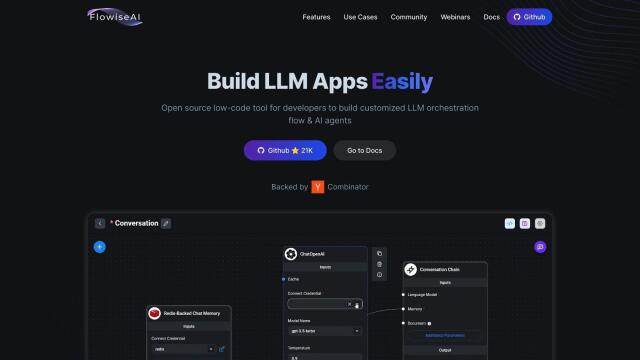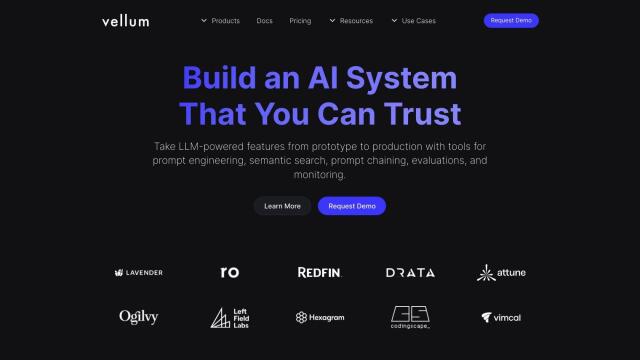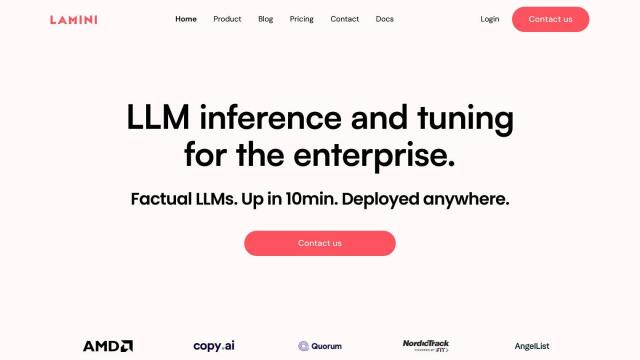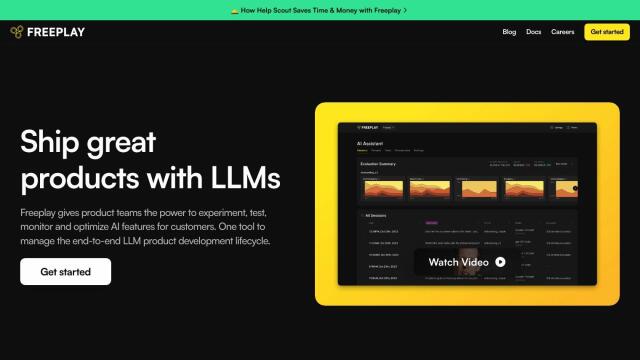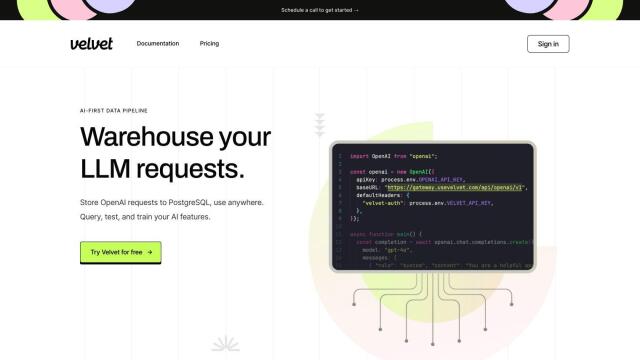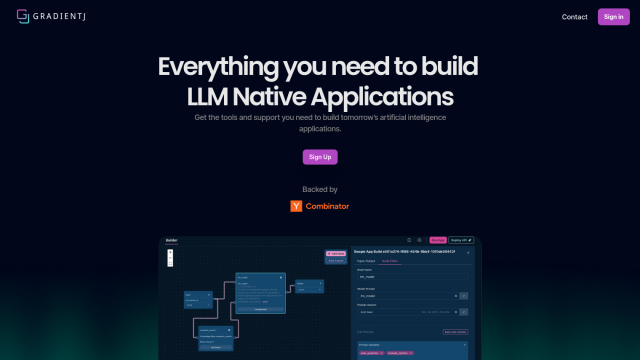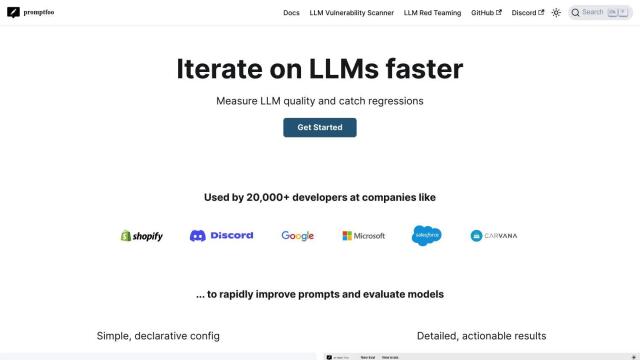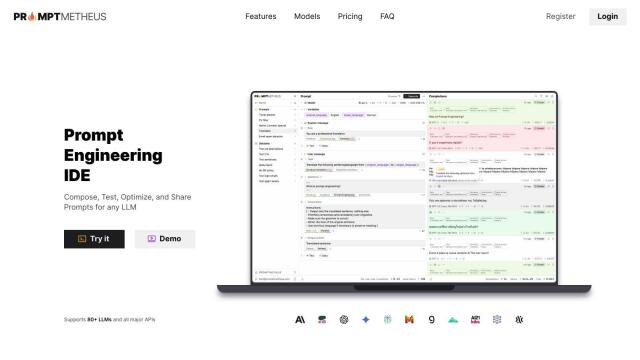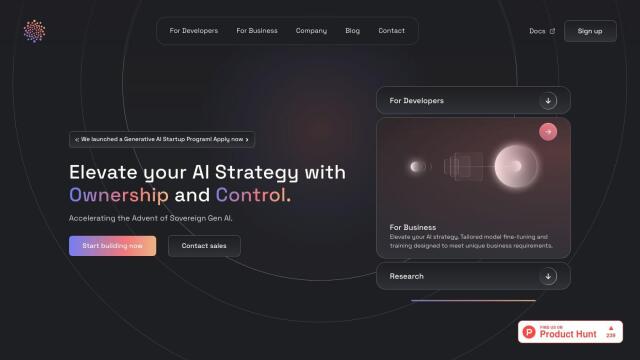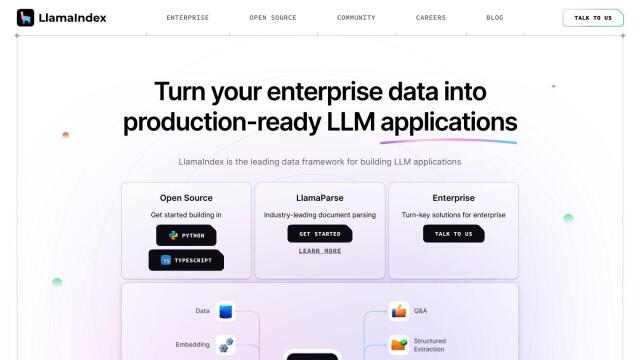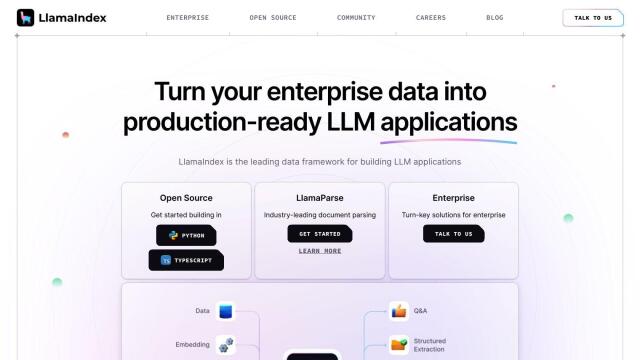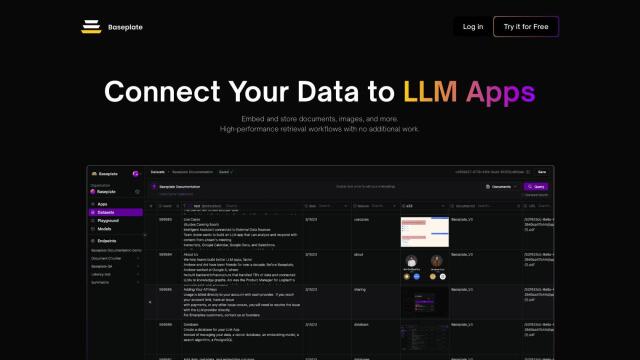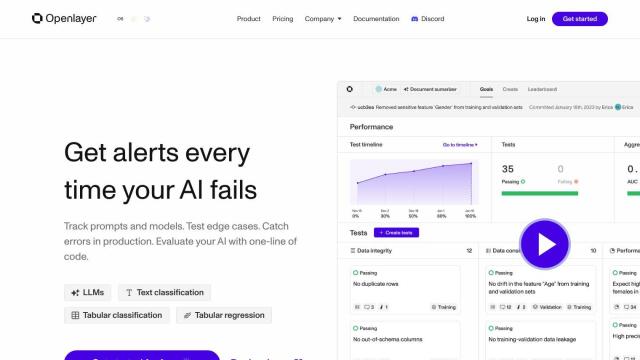Question: Can you recommend an open-source platform for optimizing Large Language Model pipelines?
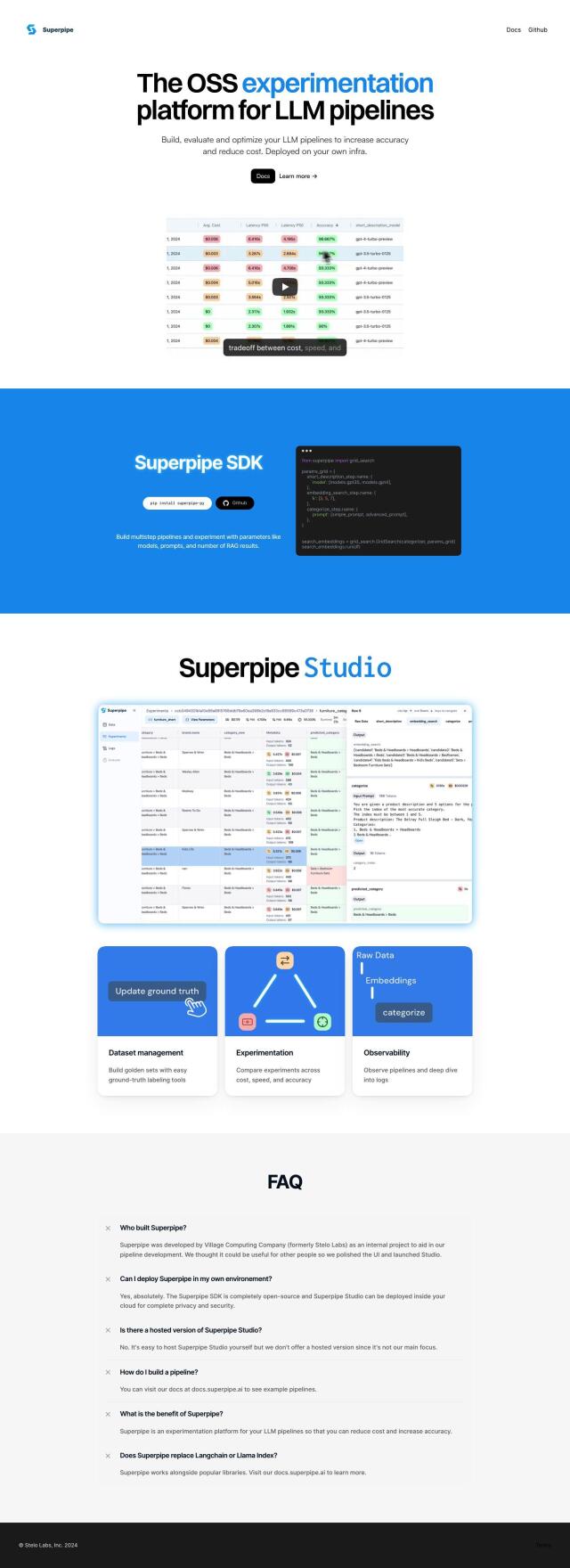
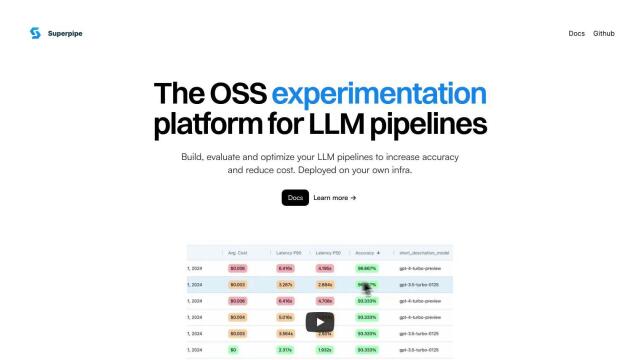
Superpipe
If you're looking for an open-source foundation to optimize Large Language Model (LLM) pipelines, Superpipe is a good option. It lets you build, test and run LLM pipelines on your own infrastructure, which can save money and get better results. With tools like the Superpipe SDK for building multistep pipelines and Superpipe Studio for managing datasets and running experiments, you can track pipelines with observability tools and build golden sets for comparison. The self-hosted foundation gives you control over privacy and security.


Humanloop
Another option is Humanloop, which is geared to coordinate and optimize the development of LLM applications. It tries to solve problems like suboptimal workflows and manual evaluation with a collaborative prompt management system and an evaluation and monitoring suite. Humanloop supports several LLM providers and offers Python and TypeScript SDKs for integration, so it's a good fit for product teams and developers who want to boost productivity and collaboration.

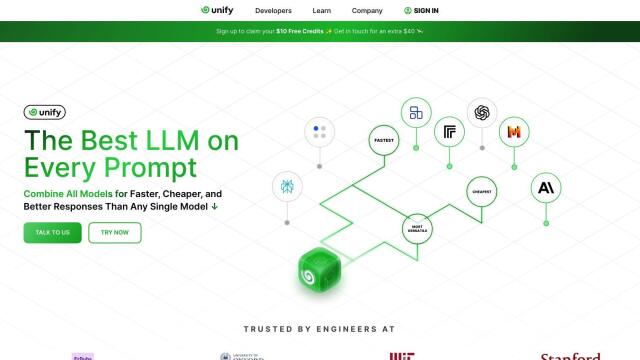
Unify
If you want to dynamically route LLM prompts, check out Unify. The platform optimizes LLM applications by sending prompts to the best available endpoint from a variety of providers with a single API key. It offers custom routing based on factors like cost, latency and output speed, and live benchmarks to pick the fastest provider. That can lead to better accuracy, greater flexibility and better resource usage.

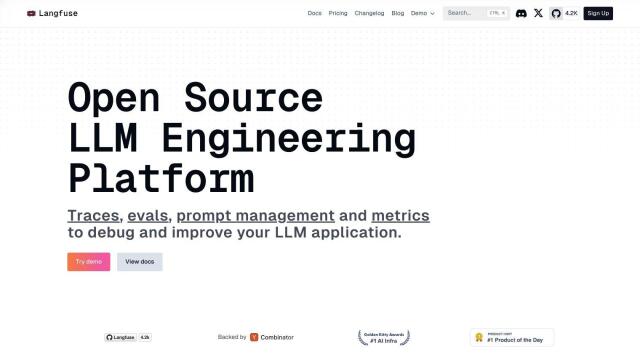
Langfuse
And Langfusion offers a broad range of features for debugging, analysis and iteration of LLM applications. That includes tracing, prompt management, evaluation and analytics, with integration support for multiple SDKs and providers. Langfuse also offers security with certifications like SOC 2 Type II and ISO 27001, so it's a good option if you need high performance and security.

